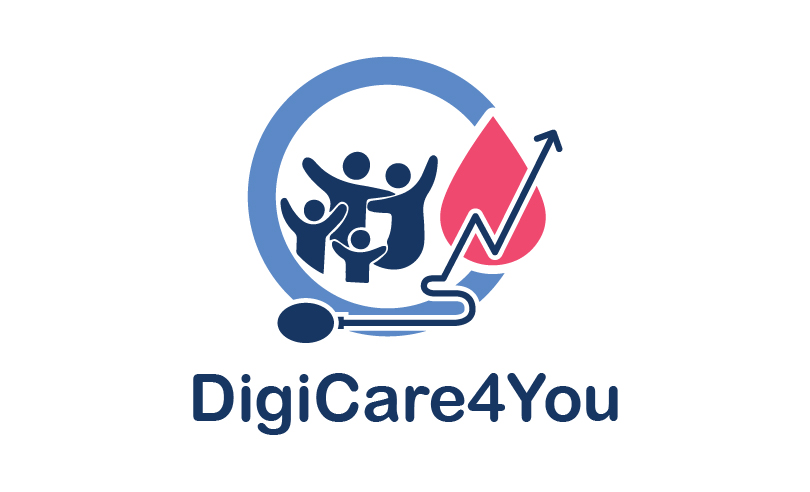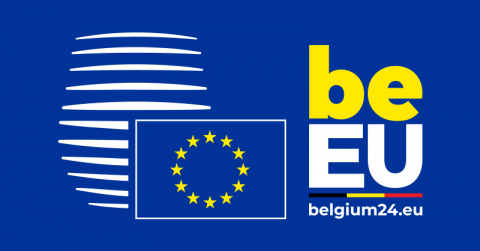Following each rotating EU Council presidency, the Council adopts formal statements summarising the outcomes and priorities of the presidency and future policy priorities. These conclusions, though not legally binding, hold significant weight in coordinating policies among member states(MS) and guiding the European Commission (EC).
In the Council conclusions on the future of the European Health Union, adopted under the Belgian presidency on 21 June 2024, ministers called on the EC to prioritise health in the next five-year term. Belgian Minister of Health and Social Affairs, Frank Vandenbroucke, highlighted that European health systems are set to face a difficult future with the rise of chronic diseases, an ageing population, and shortages of medicines and medical devices, among other challenges.
One of the health-related challenges addressed within the Council conclusions was, ‘taking action in the field of prevention of NCDs’. The conclusions call for action to alleviate the impact of risk factors that contribute to the rise in NCD prevalence. Also highlighted is the need to promote healthy environments and communities, address psychosocial and mental health factors and support the implementation of effective NCD policies such as action plans on specific NCDs including diabetes.
The Council conclusions also recognise the rapid advancements of digital technologies and how digital tools, including telemedicine, medical devices software and remote patient monitoring such as the tools developed for the DigiCare4You solution, have the potential to improve health outcomes and healthcare accessibility.
These conclusions reinforce the rationale and necessity of projects like DigiCare4You because solutions that address both the community and the individual are required to address the NCD epidemic. As the DigiCare4You project uses digital tools, this solution also has the potential to improve healthcare accessibility and mitigate health inequalities in T2D and HTN prevention and management across Europe.

